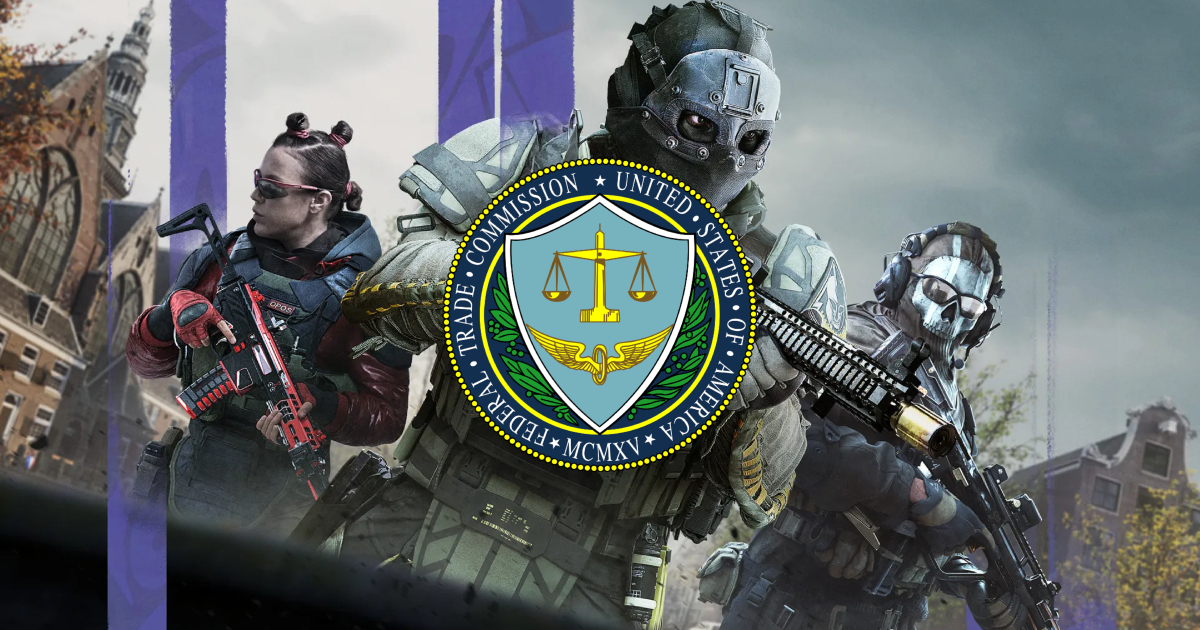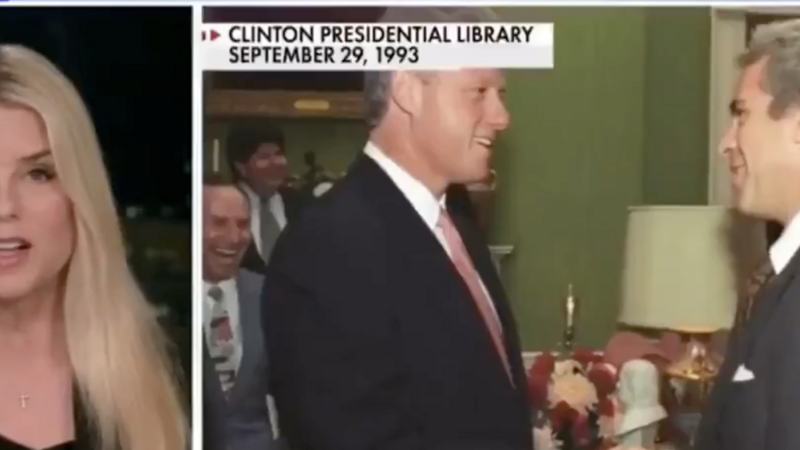Microsoft-Activision Deal: FTC Files Appeal Against Court Decision

The FTC's Arguments Against the Merger
The FTC's appeal centers on their belief that the Microsoft-Activision merger will create a monopoly and stifle competition within the gaming market. Their arguments focus on several key areas:
Concerns about Monopolization
The FTC's primary concern revolves around the potential for monopolization, particularly concerning the immensely popular Call of Duty franchise. They argue that the merger would grant Microsoft an unfair competitive advantage.
- Call of Duty Exclusivity: The FTC alleges that Microsoft could make Call of Duty exclusive to the Xbox ecosystem, significantly harming PlayStation players and potentially crippling competitors like Sony. This would leverage Microsoft's existing market power to gain an insurmountable lead.
- Xbox Game Pass Dominance: The FTC highlights Microsoft's existing market power through its Xbox Game Pass subscription service. They argue that acquiring Activision Blizzard would further solidify this dominance, potentially locking out competitors and limiting consumer choice.
- Stifled Innovation: Reduced competition, the FTC argues, will inevitably lead to stifled innovation within the gaming industry. Without the pressure of robust competition, Microsoft might be less incentivized to innovate and improve its gaming offerings.
The Judge's Decision and its Shortcomings
The FTC contends that the court's decision to allow the merger overlooked crucial evidence and failed to adequately consider the long-term anti-competitive implications.
- Underestimation of Microsoft's Power: The FTC claims the court underestimated Microsoft's potential to leverage its market power post-acquisition, particularly in cloud gaming and subscription services. They believe the court's analysis didn't fully account for the synergistic effects of combining Microsoft's resources with Activision Blizzard's properties.
- Incomplete Market Analysis: The FTC argues the court's analysis of the gaming market was incomplete and insufficiently considered long-term implications. They believe the court focused too narrowly on the current market landscape and failed to consider future market dynamics.
- Misrepresented Evidence: The FTC highlights specific pieces of evidence presented during the initial trial that they believe were misrepresented or ignored by the court in its final decision. These include data on the importance of Call of Duty to the gaming market and the potential for Microsoft to use its influence to harm competitors.
Potential Outcomes and Implications of the Appeal
The FTC's appeal introduces considerable uncertainty regarding the future of the Microsoft-Activision deal and the broader gaming landscape.
Timeline and Uncertainty
The appeal process is expected to be lengthy and complex, potentially delaying or even preventing the merger from closing.
- Delayed Closure: The appeal could significantly delay the closing of the deal, extending the period of uncertainty for Activision Blizzard's employees, investors, and future plans.
- Uncertain Timeline: The exact timeline for the appeal is uncertain, depending on the court's schedule and the complexity of the legal arguments presented by both sides. The process could take many months, or even years, to resolve.
- Potential for Block: While unlikely, the appeal holds the possibility of completely blocking the merger, forcing Microsoft to reconsider its acquisition strategy.
Impact on the Gaming Landscape
The outcome of the FTC's appeal will set a significant precedent for future mergers and acquisitions in the gaming industry and the broader tech sector.
- Increased Regulatory Scrutiny: A successful appeal would likely increase regulatory scrutiny of large tech mergers in the future, leading to more stringent antitrust reviews.
- Influence on Acquisition Strategies: The decision could significantly influence how companies structure future acquisitions to avoid potential antitrust concerns, potentially leading to smaller, less impactful deals.
- Shaping the Competitive Landscape: The outcome will shape the competitive landscape of the gaming industry for years to come, impacting game pricing, availability, and innovation. A successful appeal could encourage more competition and innovation, while a failure could lead to further market consolidation.
Conclusion
The FTC's appeal against the Microsoft-Activision deal represents a critical juncture in the ongoing antitrust debate. The outcome will have far-reaching consequences for the gaming industry and set a precedent for future mergers and acquisitions. The arguments focused on monopolization and harm to competition highlight the challenges of regulating mergers in the rapidly evolving tech landscape. The wait for the final decision remains, leaving the future of the Microsoft-Activision deal and the wider gaming market hanging in the balance. Stay informed about further developments in this crucial case regarding the Microsoft-Activision deal and its implications for the future of gaming.

 Ice Detention Case Judge Grants Release For Tufts University Student Rumeysa Ozturk
Ice Detention Case Judge Grants Release For Tufts University Student Rumeysa Ozturk
 Nhl Highlights Hertls Two Hat Tricks Power Golden Knights Victory
Nhl Highlights Hertls Two Hat Tricks Power Golden Knights Victory
 Elon Musks Net Worth Below 300 Billion After Tesla Slump And Tariff Issues
Elon Musks Net Worth Below 300 Billion After Tesla Slump And Tariff Issues
 The Epstein Client List And Ag Pam Bondi Unanswered Questions Remain
The Epstein Client List And Ag Pam Bondi Unanswered Questions Remain
 The Extreme Cost Of Broadcoms V Mware Deal At And Ts Perspective
The Extreme Cost Of Broadcoms V Mware Deal At And Ts Perspective
